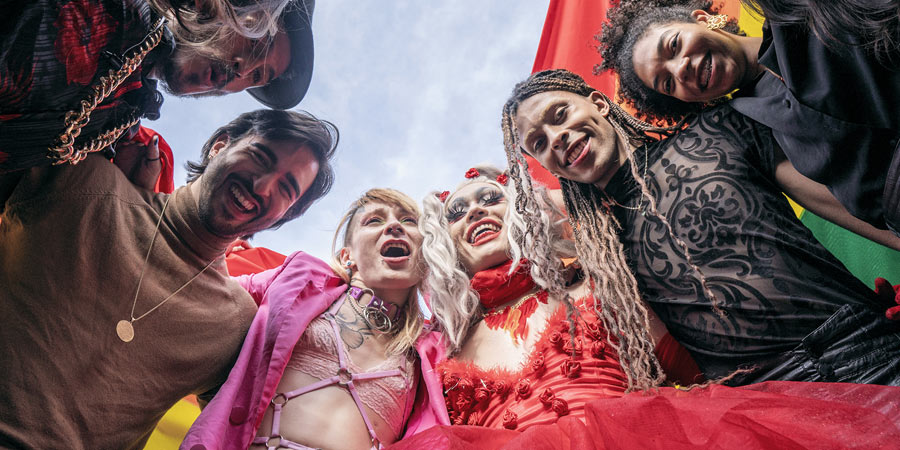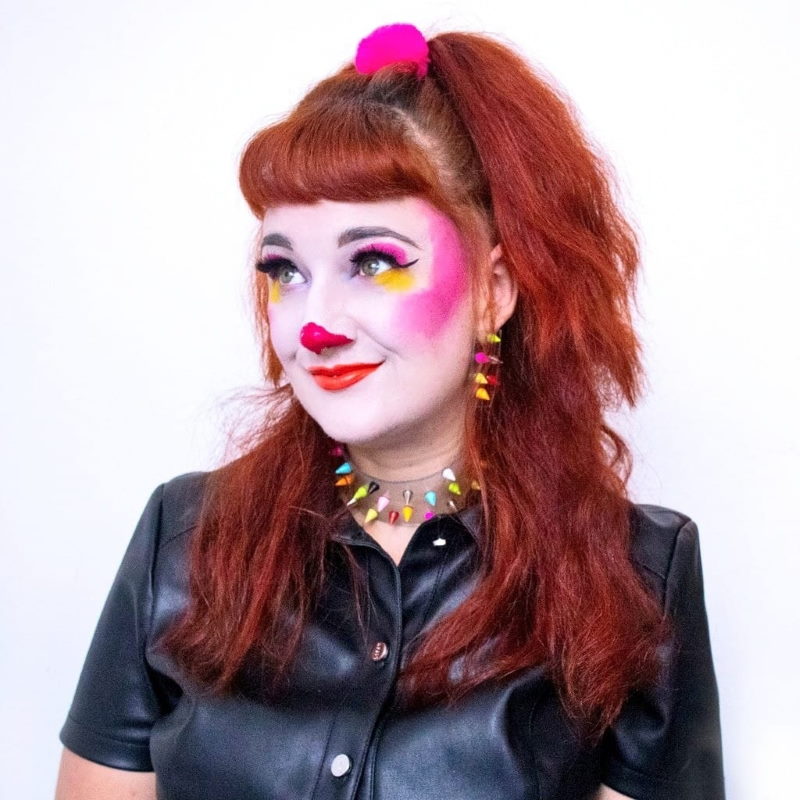What does “Queer” mean?

Whenever I tell anyone that I identify as queer, there are typically three frequently asked questions:
What does queer mean?
What’s the difference between queer and gay/lesbian?
Isn’t the term queer offensive?
And to be honest, these are all absolutely legitimate questions.
After all, the term “queer” has no fixed definition as it can mean different things to different people. The word has a history of being a hateful and homophobic slur weaponised against LGBTIQ+ people. Meanwhile, these days more and more people are reclaiming the word and proudly identifying as queer. So yes, I can definitely see where the confusion comes from!
Whether you’re queer or you just want to become a more informed ally to the LGBTIQ+ people in your life, here’s a few things you should know about the word “queer”.
What does LGBTIQ+ stand for?
Before we unpack the Q, let’s explain the letters that come before it.
LGBTIQ+ stands for Lesbian, Gay, Bisexual, Trans and gender diverse, Intersex and Queer. Sometimes you might see the acronym with a + sign at the end of it, which is generally used to show that there are many more gender and sexual orientations that don’t fit into the letters.
What does queer actually mean?
Without trying to be vague, it really depends who you ask.
Queer might only be one word and one syllable, but this loaded label holds so many meanings to so many people.
Originally, “queer” meant ‘peculiar’ or ‘odd’ and became a slur against non-heterosexual people in the late 19th century. More recently, it has been celebrated by some people in the LGBTIQ+ community and used as an umbrella term to describe people who identify as sexually or gender diverse.
What’s the difference between queer and gay/lesbian/bisexual?
Labels can be tricky, that’s where queer comes in.
Typically, people who gravitate towards describing themselves as queer, find terms like lesbian, gay, bisexual and trans to be too limiting to their identity. However, there are a lot of reasons why someone might identify as queer.
For some people, identifying as queer is about rejecting societal norms of heterosexuality and authentically loving and fucking whoever you want, without having to fit into a tidy box, while for others, it allows them to exist more fluidly without being forced to define their identity by someone else’s standards or constraints. Queer allows for more flexibility and inclusivity for non-heterosexual and gender non-conforming people, and takes away the pressure of being boxed into a label that might not feel right. Queer is inherently more fluid and allows more room for exploration and shifting sexual and/or gender identities.
For some, being queer is a politically-charged rebellion against gender expectations and a binary worldview. It’s about demanding inclusion, standing up for your rights as a LGBTIQ+ person and supporting trans and gender-nonconforming people and the marginalised segments of the community. And for many it’s about embracing and finding a like-minded community.
However, you might find some LGBTIQ+ people use multiple labels to describe themselves, like queer and lesbian; or queer, non-binary and bisexual, and so on.
But isn’t “queer” offensive?
No, yes and sometimes. Again, it depends who you ask.
While many people wear queer as a badge of pride, it’s important to remember the term has long been used as a word to insult, disrespect, demonise and harass LGBTIQ+ people – and it still is today.
Language around sexuality and gender has changed and expanded exponentially over the last 50 years, but there is still pain, emotions, historical perspectives and negative associations with the word for some who still feel the sting and oppression of the word. And that’s understandable.
While queer is more accepted, celebrated, used proudly and often used interchangeably with the acronym LGBTIQ+ these days, you should never assume it’s someone’s preference. Much like asking a person what their pronouns are, if you’re not sure, ask people what labels they self-identify with.



Likes & Comments
Comments (1)
phoenix1323